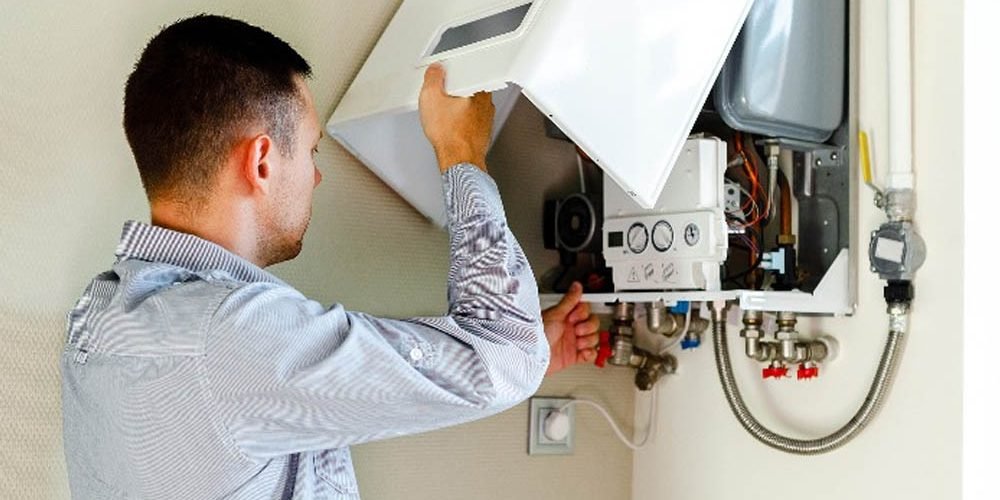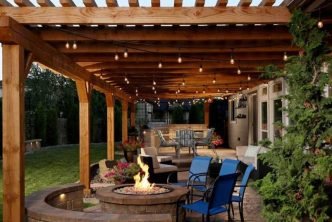It doesn’t matter if you are looking for a traditional or combi boiler, it is important that you choose the right type of boiler. This article will explain the different types of boilers available and which one is most suitable for your home.
You can install three types of boilers in your home: combination boilers; heat only (regular) boilers); system boilers.
The best one for you and your home will depend on your hot water needs. However, it is important to take into account other factors such as your heating system age and pressure from your main water supply.
Do you want to keep your current boiler? Should you switch to another type of central heat boiler? Let’s look at ….
This is the most important difference between combi boilers and traditional boilers. They don’t require a separate hot-water storage tank, unlike traditional boilers.
Instead, hot water is heated from one unit.
Find out all you need to know about combi boilers and which are the best combi boilers for your home in our What is a Combi Boiler guide.
Want to find out which boiler brand is the worst? Check out our report on the worst boilers.
Table of Contents
Key points about the combi boiler
- They are ideal for small spaces.
- You do not require a hot water storage tank.
- You don’t need a cold water tank.
- This is not recommended for large properties that have multiple bathrooms or high hot water demands.
- Low mains water pressure areas may not find it suitable.
Are you looking to pay your new boiler monthly For more information, see our boiler finance guide.
In our combi boiler guide, you will learn all about installing a new combi.
Heat Only (Regular Boilers): What are they?
A heat-only boiler or regular boiler has three components: the boiler itself, the hot water storage cylinder separately and the cold water storage tank.
The boiler provides hot water for both central heating and storage, and can therefore provide hot water as well as heating water.
What is the working principle of heat only boilers?
Regular boilers heat hot water by connecting it to the central heating system. The radiators are connected to a hot water storage tank that stores hot water for immediate use.
A cold-water tank, which is usually located in the attic/loft, supplies coldwater to the boiler. It works by gravity to fill the boiler.
Heat only boiler key points
- Ideal for properties that have multiple bathrooms or high hot water requirements.
- This is the ideal solution for those who suffer from low water pressure.
- This is a good choice for people with traditional heating systems that are not able to withstand high pressure.
- They require a cistern-tank, which means they are more demanding and limits the options for boiler installation.
- The attic cistern is susceptible to freezing in winter, and can leak if it does.
Are you experiencing a leaky boiler or a loss of pressure in your boiler? Our quick and easy tool will help you get your boiler replacement.
What are system boilers?
System boilers can be described as an upgraded version or heat-only boiler. They can supply hot water on-demand and heating water for your radiators.
What is the working principle of system boilers?
They are similar to a heat-only boiler but have a separate hot tank. However, it is unvented.
The pump, expansion vessel and other parts are all internal. This means that the boiler does not need a cold water cistern tank. Water is also supplied via the mains.
Key points for the system boiler
- This is recommended for properties that have multiple hot water outlets/bathrooms.
- It does not require a cistern in the loft.
- Installation is made easier by internal components.
- Low water pressure areas may not find it suitable.
- This product may not be suitable for older central heating units that are unable to withstand high water pressures.
- You need to think about where the hot water tank will be stored if you’re switching from a combi.
You want your boiler to be moved to another location? You can find our moving costs guide.
What is a condensing boiler?
It doesn’t matter what kind of boiler you want to install, the law requires that it be condensing.
Condensing boilers can heat your home up to 90% efficiently, and are more efficient than most heating systems.
Condensing is not a type of boiler, but a technical attribute.
Learn all about green boiler options including condensing boilers.
Types of Boilers – Final Words
The best boiler for your home will depend upon a number of factors including hot water requirements, property size, and water pressure.
Despite this, most UK homes have gas combi boilers. Regular and system boilers follow.





